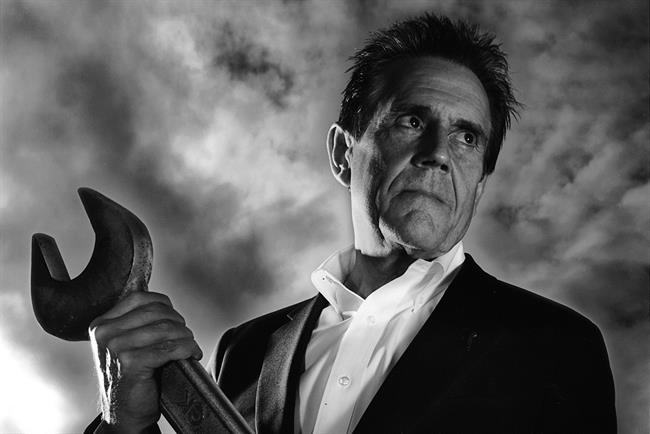
One day he went with a friend instead, they saw a bird on a tree.
The boy asked Richard if he knew what the bird was called.
The young Feynman said he didn’t.
The boy said it was called a Brown-Throated Thrush.
The boy said Feynman’s father hadn’t taught him anything.
Feynman repeated the conversation to his father.
His father said "I could have told you that bird was called a Brown-Throated Thrush in English. I could have told you it was called a ‘Honto La Pero’ in Portugese, a ‘Chutera Pikita’ in Italian, a ‘Chong On Tok’ in Chinese, and an ‘Apatara Kupudecha’ in Japanese. And after all that, what would you know about that bird? Nothing. All you’d know is what different people call it. You wouldn’t know how it managed to fly, or where it came from, or where it went in winter, or how it built a nest and raised its young. You’d know nothing except what people called it".
And that was the distinction that turned Richard Feynman into one of the twentieth century’s greatest thinkers.
That distinction he says was responsible for his Nobel Prize.
That learning words isn’t the same as learning.
Feynman developed a test to prove the difference between real knowledge and simply parrot-learning words.
The test is for us to talk about our subject without using the new word we’ve learned.
To prove we haven’t just memorised a word instead of really learning what it means.
Try it, have a discussion about a subject without using that word.
A good example for us, might be the word ‘brand’.
Have a discussion about brand without using that word.
Have a discussion about what it means, and what it can do for any client, without using that word.
That will show you whether you’ve understood what the word ‘brand’ means, or whether you’re just repeating it like a parrot.
If all we’ve learned is the word, then Feynman says we haven’t learned anything.
In the excellent Farnam Street blog, Shane Parrish quotes Montaigne: "We take other men’s knowledge and opinions upon trust, which is an idle and superficial learning. We must make them our own. We are just like a man who, needing fire, went to a neighbour’s house to fetch it, and finding a very good one there, sat down to warm himself without remembering to carry any back home. What good does it do us to have our belly full of meat if it is not digested, if it is not transformed into us, if it does not nourish and support us?"
Feynman won The Nobel Prize.
He didn’t do it just by parrot-learning words he’d heard others use.
He did it by understanding the thinking behind the words.
This made him able to take the thinking apart and rearrange it.
Which he couldn’t have done if he’d just learned the words.
That’s why he sees merely memorising and repeating words as the opposite of thinking.
Something we could all particularly do with learning.



_1.jpg)
.jpg)
